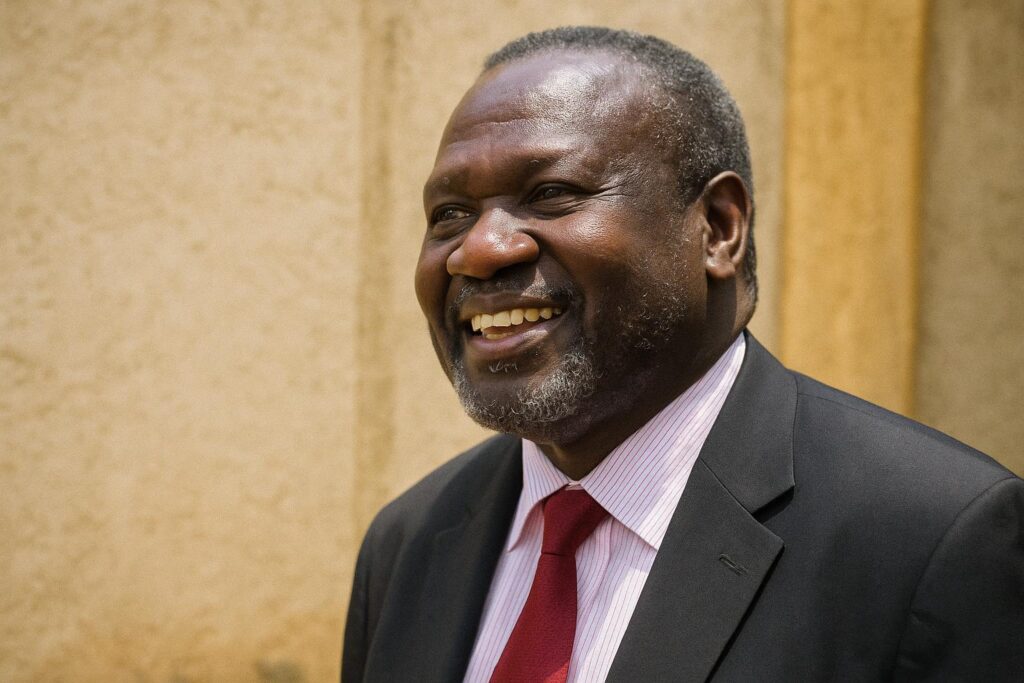Unexpected Re-arrest in Juba Raises Eyebrows
National security officers picked up Brigadier General Gabriel Kuok Dang on Wednesday, barely four months after his medical release from detention. The former chief bodyguard to First Vice President Riek Machar was taken from a suburban clinic in Juba, witnesses say.
Government spokespeople declined immediate comment, while opposition figures questioned the timing of the operation amid delicate power-sharing talks.
Legal Questions Surround Detention
SPLM-IO press secretary Pal Mai Deng labelled the move “a violation of rights,” adding that Kuok is still under active treatment for undisclosed ailments (Radio Tamazuj). He reported two unnamed individuals arrested alongside the general.
Human-rights lawyers argue that South Sudanese law restricts the detention of persons receiving critical care, unless a warrant details urgent security concerns.
Civil Society Urges Dialogue Over Force
Community Empowerment for Progress Organization director Edmond Yakani warned that recurring arrests erode public confidence. “Political maturity means settling disputes through honest dialogue, not handcuffs,” he told reporters in Juba.
Yakani fears a normalisation of force in political bargaining, describing it as a dangerous habit capable of reigniting front-line violence.
Peace Deal Tested by String of Arrests
Kuok’s detention follows the March apprehension of Machar himself and several senior allies. Opposition leaders say these steps weaken the 2018 Revitalised Peace Agreement that promised united forces, a permanent constitution, and nationwide polls.
Juba officials maintain the accord remains on course, noting ongoing training of joint battalions and a drafting committee preparing constitutional chapters.
Regional and International Reactions
The United Nations peacekeeping mission cautioned that South Sudan risks backsliding into conflict if rival camps do not de-escalate. Western embassies echoed the call, urging immediate release of non-violent detainees and respect for legal safeguards.
Regional observers note that a single arrest can upset hard-won balances within the transitional government, making transparent judicial processes essential for stability.


